Owners of family-run companies typically avoid selling during economic downturns. Far better, they figure, to wait until cash flows and valuations revive.
Similarly, corporations prefer hanging on to non-core divisions until better times arrive. That way the cash generated from the sale for shareholders can be maximized.
Sponsors that have companies ripe for sale like strong economies and high valuations as much as the next seller. But they also have motivations to sell that other kinds of sellers don’t, even during downturns.
Perhaps the biggest one: They’d much rather be deploying fresh capital at suddenly reasonable prices than spending time tending to older portfolio companies whose upside is limited.
Sponsors also face pressure from limited partners smarting from painful losses in the public equity markets to make distributions sooner rather than later.
“The number of sponsor-to-sponsor transactions is only increasing,” observed Stuart Sitterson, director, business development group, San Francisco-based buyout shop Gryphon Investors.
Case in point, Sitterson pointed to his firm’s recent acquisition of a portfolio company from another sponsor directly. No sell-side banker had a role in the transaction. “I think you’re going to see that happen more often,” Sitterson said.
To take advantage of this source of deals, he added, PE firms have to cultivate “good relationships with sponsors,” as well as deploy tracking systems that notify them when portfolio companies are getting long in the tooth.
Enter SPS by Bain & Co, the industry’s leading provider of deal sourcing tools and analytics and publisher of this blog.
Using the SPS by Bain & Co database we thought it would be interesting to take a look at still-active portfolio companies held by some of the most prolific sponsors five to six years ago.
All told, according to SPS by Bain & Co tabulations, North American sponsors still hold 613, or roughly half of the 1,230 platform companies they acquired during the year extending from August 1 2016 to August 1 2017. Here are a few highlights from the portfolios of some of the most prolific investors of that period.
- Miami-based H.I.G. Capital still holds at least eight of the 12 companies it acquired during the 12 months reviewed, according to SPS by Bain & Co. They include refurbished networking equipment provider CXtec, Just Home Healthcare Services, airport concession operator Tastes on the Fly, underwater telecom equipment provider Xtera Communications Inc and university SaaS software provider Symplicity Corp.
- Chicago technology investor Thomas Bravo still holds four of the seven companies it acquired from August 1 2016 to August 1 2017, according to SPS by Bain & Co. They include authentication provider Imprivata, data integration provider Qlik Technologies, risk management technology provider Riskonnect Inc, and digital automotive marketplace provider Trader Corp.
- Calera Capital, which invests in family or founder-owned companies out of offices in San Francisco and Boston, still holds three of the four companies it acquired during the 12 months reviewed. They include Arnott Air Suspension Products, United Dental Partners, and Carnegie Fabrics.
- Charlesbank, a Boston-based acquirer of business services, consumer, healthcare, industrial and technology companies, still holds three of the four companies it acquired during the 12 months reviewed, according to SPS by Bain & Co. They include business services and education company Polyconcept and manufacturing company Tecomet.

